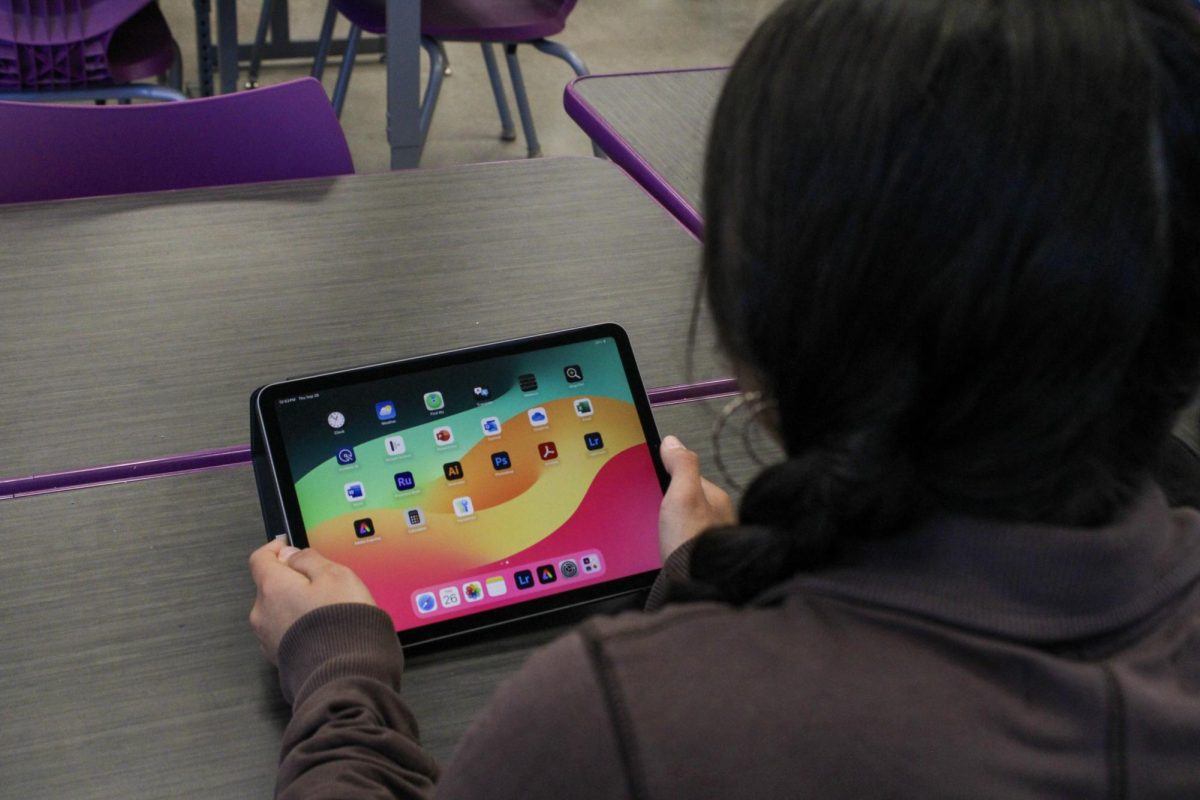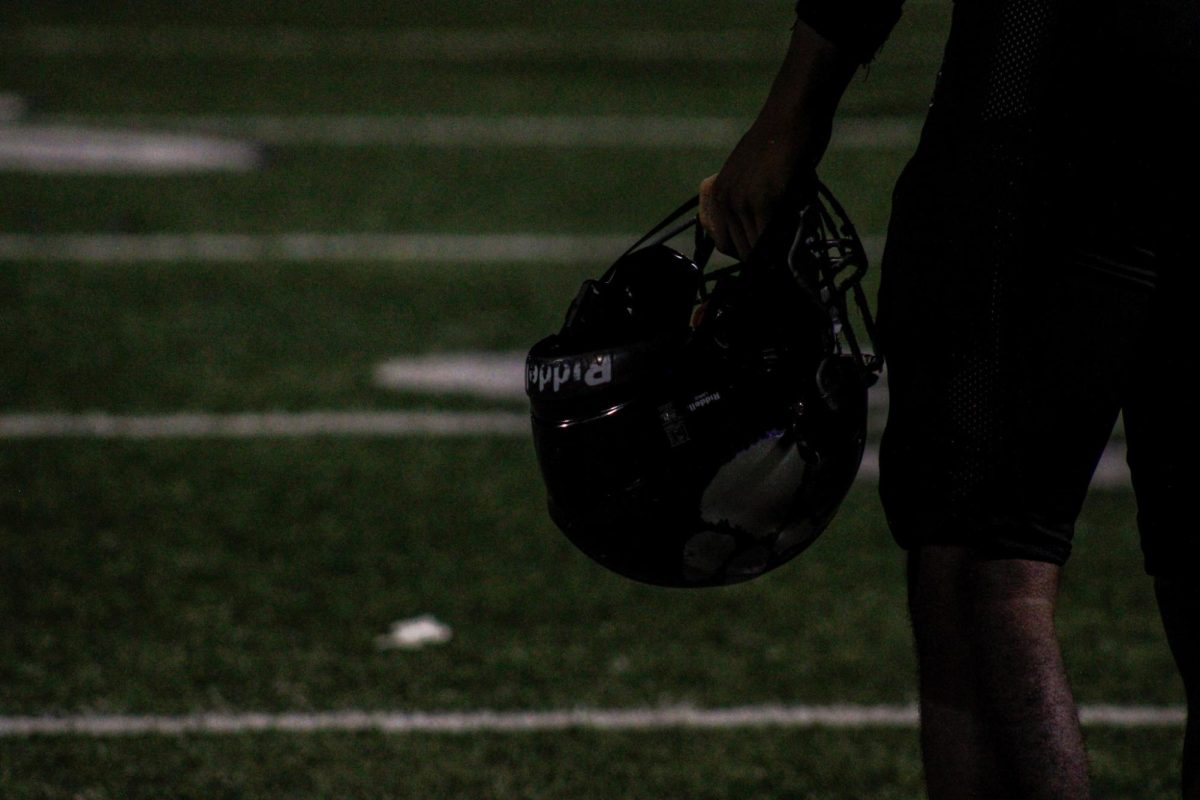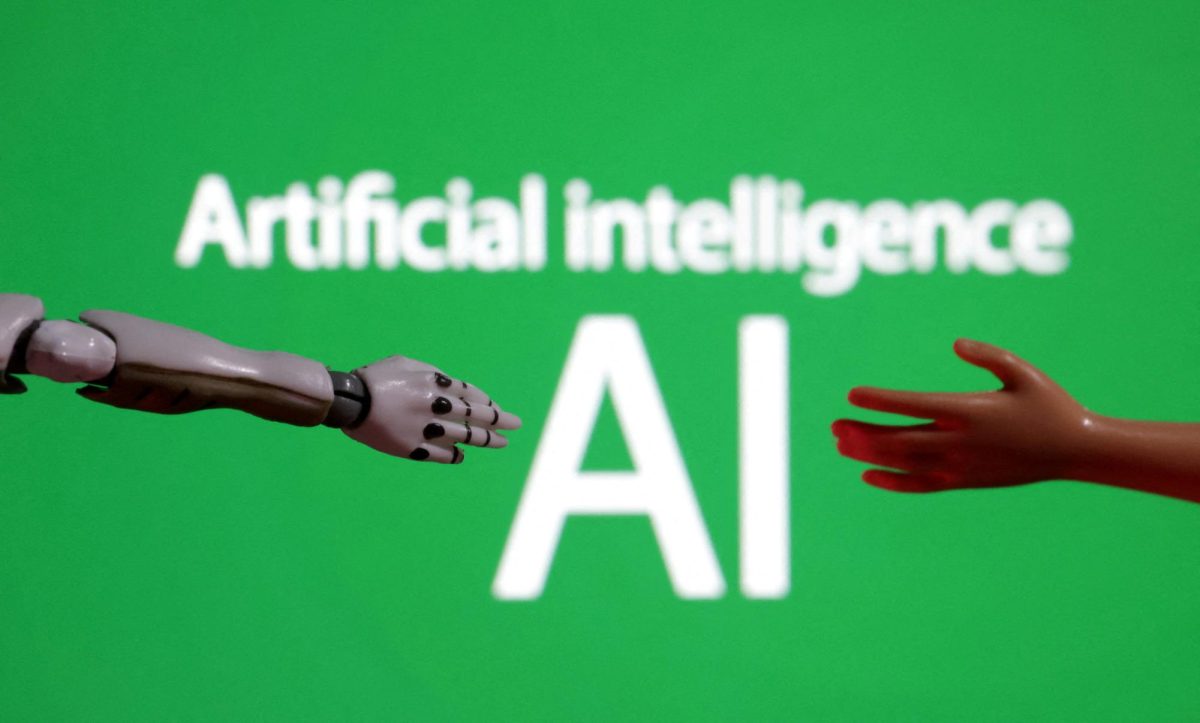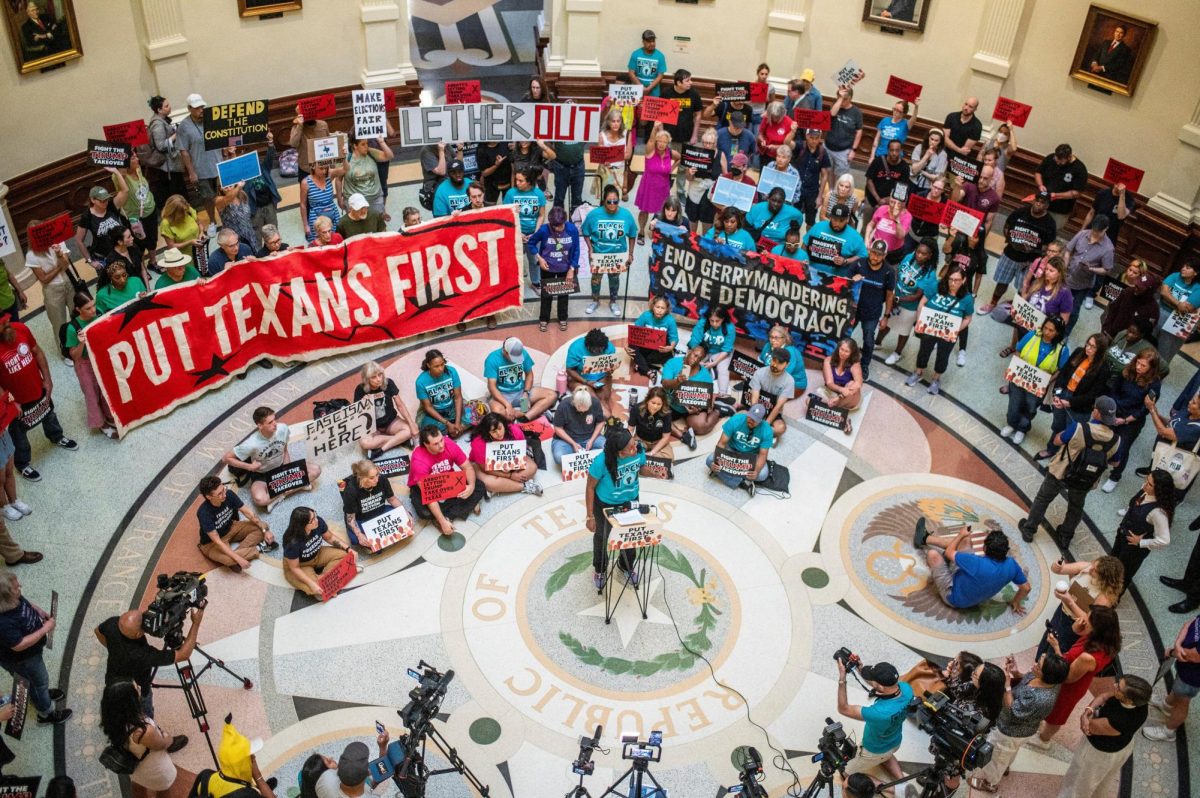iPad kids. Most people have either heard of the term, seen the kids in public, or are living with them firsthand; they are inescapable. But what does this phrase really mean? Is it merely a funny label that reflects the current status of gen-alpha kids, or does a deeper issue lie behind the expression? And, if so, what underlying concern may the kids of today show about how our society has changed not just technologically, but psychologically?
Defined in the Urban Dictionary, “iPad kids” means “a kid who is on their iPad almost all day.” And whether it be the newest iPhone or tablet, the question remains: How is this affecting our daily lives?
“iPad kids” is a term used worldwide to describe the younger generation, primarily Generation Alpha (those born after the year 2012), because of the multiple habits generations have adopted. Psychologists have noted that excessive exposure to devices has had on children’s development. Reliance on screens can lead to a host of issues, including reduced attention spans, diminished face-to-face social skills, and even lead to decreased mental health. The rapid pace of consumption through bite-sized content can create a sense of urgency and anxiety, leading to mental health issues through things like social media, making it difficult for children to engage deeply with any single topic.
Now, some people may be wondering if it really is the iPads or if it is newer parenting styles that are negatively affecting children.
Students at Rancho Cucamonga High School shared their thoughts about the growing trend with iPad kids.
“iPad kids are kind in a way, while also distanced from people. It is causing the generation to not know who to communicate outside of a screen,” junior Joyce Boktor said.
The youngest students at RCHS, the current freshmen class, were primarily born in 2009 and 2010, which places this group within the Gen-Z birth years. Many RCHS students shared that they are happy about not being Generation Alpha and being associated with the iPad kids label.
“It’s fantastic! I love not being associated with them! iPad kids are a bit odd and if being born 30 days before them means I’m not one of them I’m happy,” freshman Emma Sanner said. “They definitely say some weird things. Let me tell you, she (her sibling) uses their iPad language quite a bit, using words like rizz, etc.”
From a negative perspective, today’s newer generations are the guinea pigs: growing up in this never-seen version of society. With any acknowledgment of this topic, one can’t help but notice a technological change over time. Two decades ago, there were no smartphones, and three decades ago, the internet had just become popular. In the grand scheme of things, this technological advancement didn’t happen that long ago.
These technological inventions define Gen Z and Gen Alpha. For these two generations, technology is their life; they don’t know what life without it is.
Just because the younger generation is being called out for their bad screen time habits does not mean the older generation is also adapting to the habits of high screentime. Many people are trapped in binge-watching TikTok, YouTube shorts, and Instagram reels. And with AI now entering the picture, technology will only keep advancing at an exponential rate. As society progresses, the question isn’t just about limiting screen time—it’s about how we manage technology’s role in shaping the next generation.










